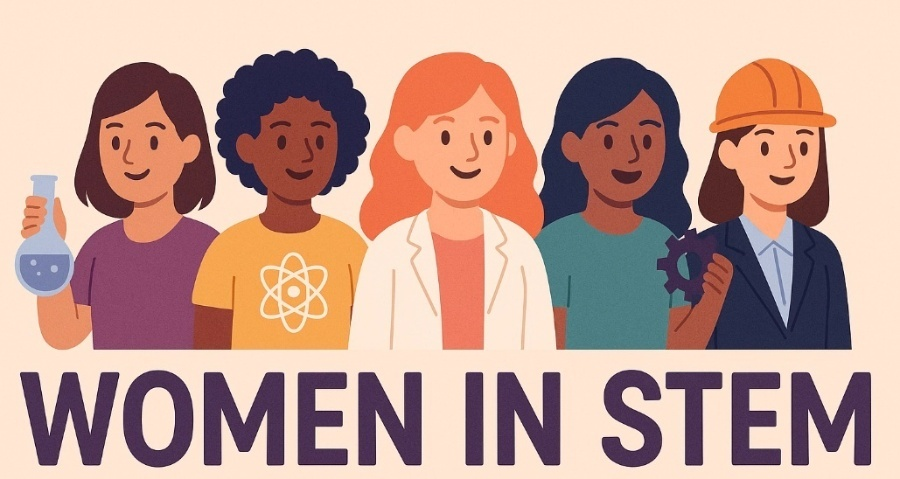Speaker
Description
This presentation explores the evolving role of Turkish women in science and technology, highlighting both progress and persistent challenges. While women in Türkiye have increasingly entered STEM fields and achieved notable success in academia and research, they remain underrepresented in leadership roles and high-impact innovation sectors. In 2024, women hold approximately 28% of senior academic positions—including roles such as rectors, deans, and department heads—at Turkish universities; however, the proportion of female rectors specifically remains lower, between 7% and 11% due to structural barriers limited mentorship, and societal expectations etc.
The presentation outlines key empowering strategies aimed at closing this gap. These
include national and international initiatives like the L'Oréal-UNESCO For Women in Science program, early STEM education for girls, mentorship networks, and institutional reforms promoting gender equity. Emphasis is placed on the importance of inclusive policies, corporate responsibility, and cultural change to foster a more supportive environment for women in STEM.
TÜBA has now 235 members elected and approved by the General Assembly, upon the proposal of the Council. The ratio of female members is reached almost to 11 %, which is 24 members. TÜBA organized the first ever full supporting award programme “TÜBA-GEBİP” to Reward Successful Young Scientists of Türkiye in 2001 without any gender or subject discrimination, and it has been dedicated to highly skilled young scientists in Türkiye ever since. Between 2020 and 2024, a total of 187 individuals received awards or prizes from the Academy, of which 53 were women, representing approximately 28.3% of all recipients. This percentage is notably higher than the current percentage of women represented among the Academy’s full members, indicating a more balanced gender distribution in award recognition compared to institutional membership.
Empowering strategies should address both education process and career progression: Enhancing recruitment and retention at junior and midcareer levels, especially in engineering and physical Sciences, supporting leadership training and mentorship, to boost women’s entrance into decisionmaking positions; promoting role models; and strengthening institutional policies, can be listed as some important strategies that can be considered especially by policy-makers and decision-makers.
By showcasing current data, success stories, and strategic frameworks, this session aims to inspire action and collaboration among educators, policymakers, and industry leaders to empower the next generation of Turkish women scientists and technologists.

